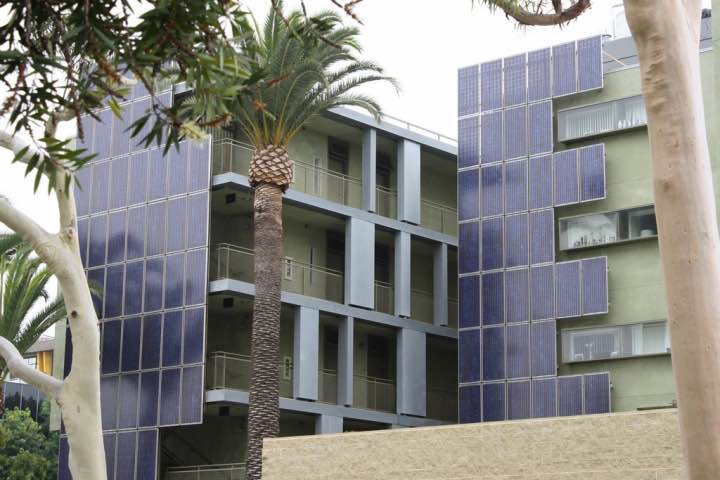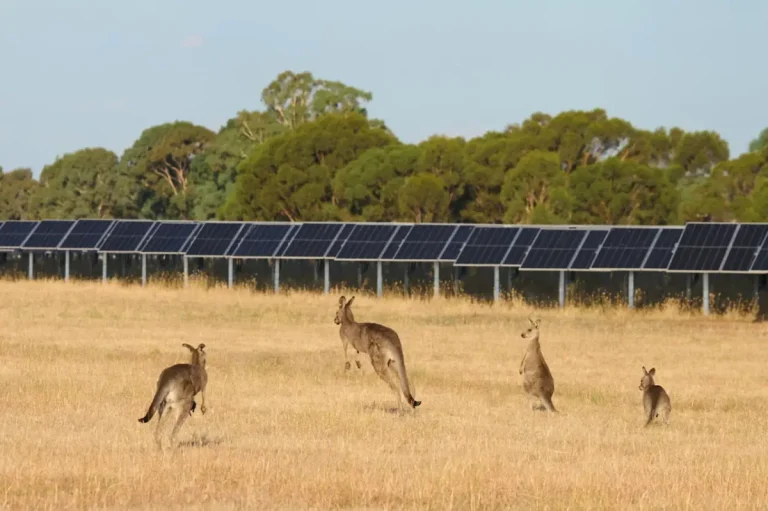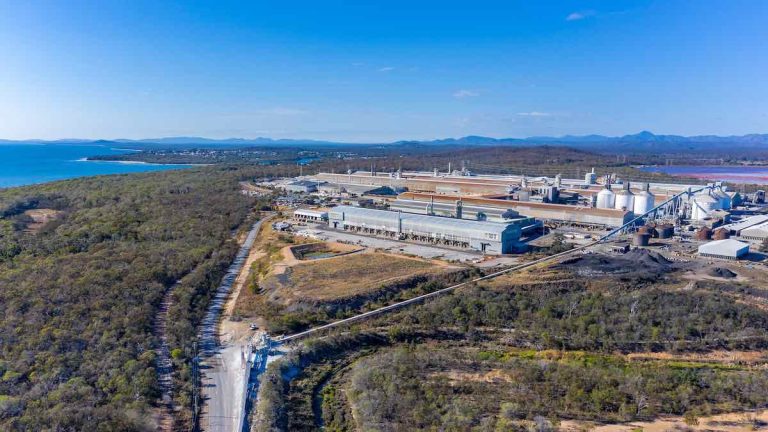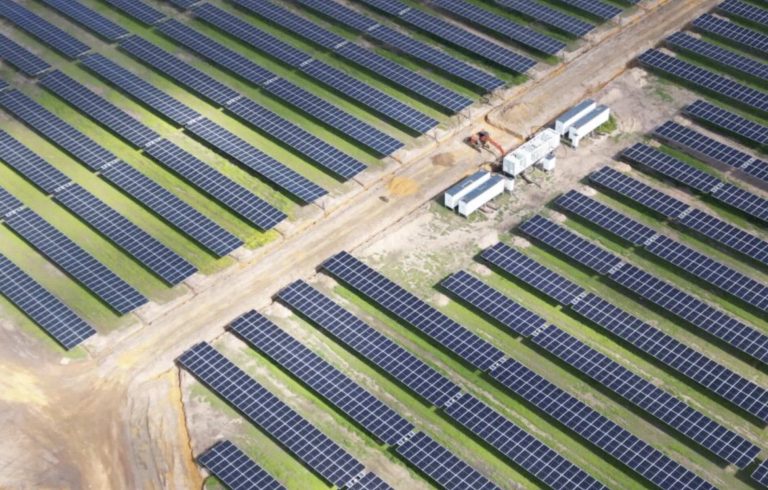NSW Eases Strata Rules for EV Chargers and Solar in Apartments
Significant obstacles have been lifted for the installation of electric vehicle chargers and rooftop solar panels in apartments and other strata developments across New South Wales, following the implementation of new legislation that outlines what strata committees can and cannot refuse.
The updated regulations, which came into effect in early July, prevent strata committees from prohibiting the installation of rooftop solar panels or other sustainability-related infrastructure solely on the basis that it may alter the building’s appearance, unless the property is already subject to stringent heritage protections.
Streamlined Approval Process for Sustainability Initiatives
Furthermore, proposals for infrastructure in communal areas, particularly electric vehicle (EV) chargers, can now be approved with a simple majority vote, rather than the previous requirement of a special vote and a 75 per cent supermajority.
Fred Tuckwell, chair of the Owners Corporation Network, expressed optimism about the changes, stating, “I believe it has made it a fair bit easier for people because just the words saying you only need a simple majority… the optics are good.” He highlighted that the primary challenge surrounding EV charging is often the fear and uncertainty, and the new majority requirement alleviates some of that concern.
Mandatory Consideration of Sustainability at AGMs
Strata committees in NSW are now mandated to consider sustainability efforts at every annual general meeting (AGM). This includes reviewing the annual energy and water consumption in shared areas and the associated costs, as well as incorporating estimates for potential improvements, such as the installation of electricity meters and solar panels, into the annual capital works fund.
Tuckwell noted that compelling strata committees, often comprised of older members, to engage with sustainability initiatives could shift perceptions about what is achievable within existing apartment complexes.
Impact on Property Values and Resident Expectations
The NSW government defines sustainability infrastructure as anything that diminishes energy or water usage, reduces pollution, limits waste sent to landfills, or lowers greenhouse gas emissions, while also promoting recycling and sustainable transport options, including EV charging stations.
Industry expert Ross de Rango pointed out that while sustainability measures that lower energy costs are appealing to potential apartment buyers and renters, the installation of EV chargers will significantly influence what residents are willing to pay for accommodation. “As more drivers transition to electric vehicles, the expectation will be that they can charge at home. This expectation will impact rental income and property prices,” he explained.
De Rango further noted that reducing the approval threshold from 75 per cent to 50 per cent could make a substantial difference in facilitating these installations. Currently, electric vehicles make up only about 2 per cent of the national fleet, but once that figure rises to 10 per cent or more, the property market will start to feel the pressure from buyers and renters seeking the convenience of home charging.
Government Support for EV Charger Installation
The NSW government has been actively working to simplify the process of installing EV chargers in apartment buildings, including a grants programme to help offset some of the associated costs. However, strata committees have faced challenges from fire services, which have raised concerns about potential fire risks, despite Standards Australia indicating that such fears are unfounded.






